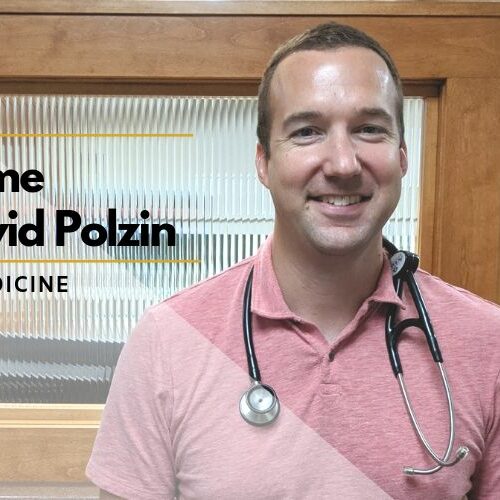Routine vaccination is an essential preventive care service from birth to 18 years, protecting children from over 15 serious diseases that still exist.
Tag: Dr. David Polzin
Post
Family Medicine Physician Dr. David Polzin Joins Glacial Ridge
Glacial Ridge Health System welcomes Dr. David Polzin to the team of family medicine physicians. He is experienced in preventive health, disease management, colonoscopies, minor dermatology, joint injections, medical acupuncture, allergy care, and more. Dr. Polzin enjoys all aspects of primary care—problem solving, relationship building, and complete healing. He knows people are different, bodies are...




